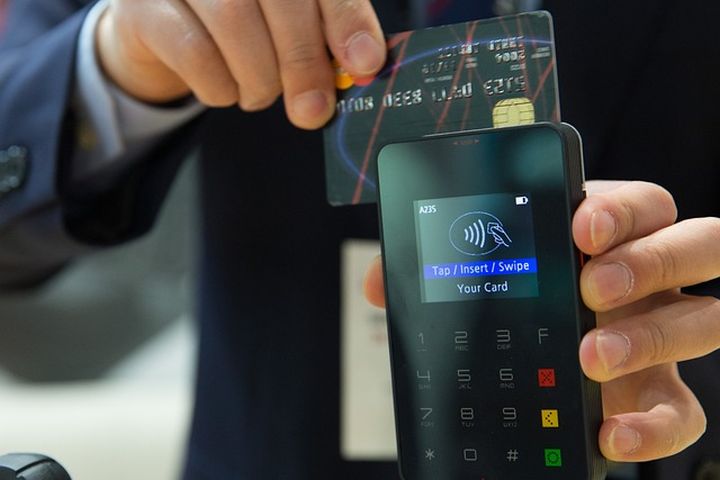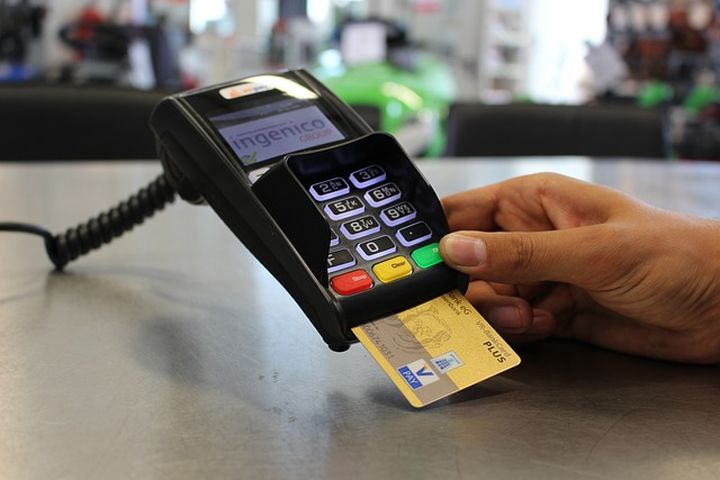Must-Have Features to Look for in a Modern POS System
A reliable and efficient point-of-sale (POS) system is crucial for business success in today’s fast-paced retail environment. A modern POS system goes beyond simply processing transactions; it plays a vital role in managing inventory, improving customer service, and providing valuable insights for business owners. With the many options available, choosing a suitable POS system for your business can be overwhelming. This article will explore the essential features that a modern POS system should possess to streamline operations, enhance customer experiences, and drive business growth.

Integrated Payment Processing
Efficient payment processing is at the heart of any POS system. A modern POS solution should seamlessly integrate various payment methods, including credit and debit cards, mobile payments, and emerging technologies like cryptocurrency. Integrated payment processing capabilities allow for seamless transactions, accommodating multiple payment methods and providing flexibility for customers. In this case, explore the internet, where you may find a website dedicated to POS system integration for the retail industry. You can click here for more information about a system that can process transactions swiftly and securely while providing options for split payments, refunds, and discounts, which is vital for customer convenience. Integration with popular payment gateways and adherence to stringent security standards are additional factors to consider when evaluating a POS system’s payment processing capabilities.
Inventory Management
Effective inventory management is crucial for any retail business. A modern POS system should provide robust inventory management features to streamline operations and optimize stock levels. Real-time inventory tracking, automated alerts for low stock levels, and the ability to set reorder points are essential for maintaining a healthy inventory. Integrating barcode scanners, label printers, and e-commerce platforms further enhances efficiency by automating stock updates and eliminating manual data entry. Detailed sales reports and analytics help identify fast-moving items, slow sellers, and trends, allowing for informed decision-making and improved profitability.
Customer Relationship Management
A modern POS system should include customer relationship management (CRM) capabilities to foster customer loyalty and enhance personalized experiences. The system should capture customer information, such as contact details, purchase history, and preferences, allowing businesses to create targeted marketing campaigns, loyalty programs, and personalized promotions. CRM integration enables firms to segment their customer base, identify top customers, and send customized offers via email or text. A loyalty program feature that tracks and rewards customer purchases can significantly increase customer retention and repeat business. CRM capabilities enable companies to build stronger customer relationships through personalized experiences and targeted marketing campaigns.
User-Friendly Interface
One of the key aspects to consider when selecting a modern POS system is its user-friendly interface. The system should be intuitive and easy to navigate, enabling employees and customers to complete transactions quickly. A clutter-free layout, touchscreen functionality, and customizable options are all essential features that contribute to a seamless user experience. A well-designed interface minimizes training time for new employees and ensures that customers can make purchases effortlessly, reducing wait times and enhancing satisfaction. A user-friendly interface lets employees quickly adapt to the system, minimizing training time and increasing efficiency.
Analytics and Reporting
Gathering and analyzing data is critical for making informed business decisions. A modern POS system should offer robust analytics and reporting features, providing valuable insights into sales trends, employee performance, and customer behavior. Detailed reports on sales, inventory, and customer activity help identify opportunities for growth and operational improvements. Customizable dashboards and real-time data updates allow business owners to monitor key performance indicators (KPIs) and make data-driven decisions promptly. Analytics and reporting features offer valuable insights into sales trends, employee performance, and customer behavior, empowering business owners to make informed decisions.
Scalability and Integration
As businesses grow, their POS system may evolve. Choosing a modern POS solution that offers scalability and integration options is essential. The system should accommodate additional registers, multiple store locations, and expanding product lines without sacrificing performance. Integration with other business systems, such as accounting software, e-commerce platforms, and marketing tools, ensures smooth data flow and avoids duplication of effort. Scalability and integration options ensure that the POS system can grow with the business and seamlessly integrate with other essential tools.

In an increasingly competitive retail landscape, a modern POS system with the right features can significantly impact a business’s success. A current POS system with the right features is a valuable asset for retailers. It facilitates smooth transactions and empowers businesses to streamline operations, optimize inventory, enhance customer satisfaction, and drive overall growth. When choosing a POS system, considering these must-have features will help ensure that you make an informed decision that aligns with your business goals and sets you up for long-term success in the competitive retail industry.
